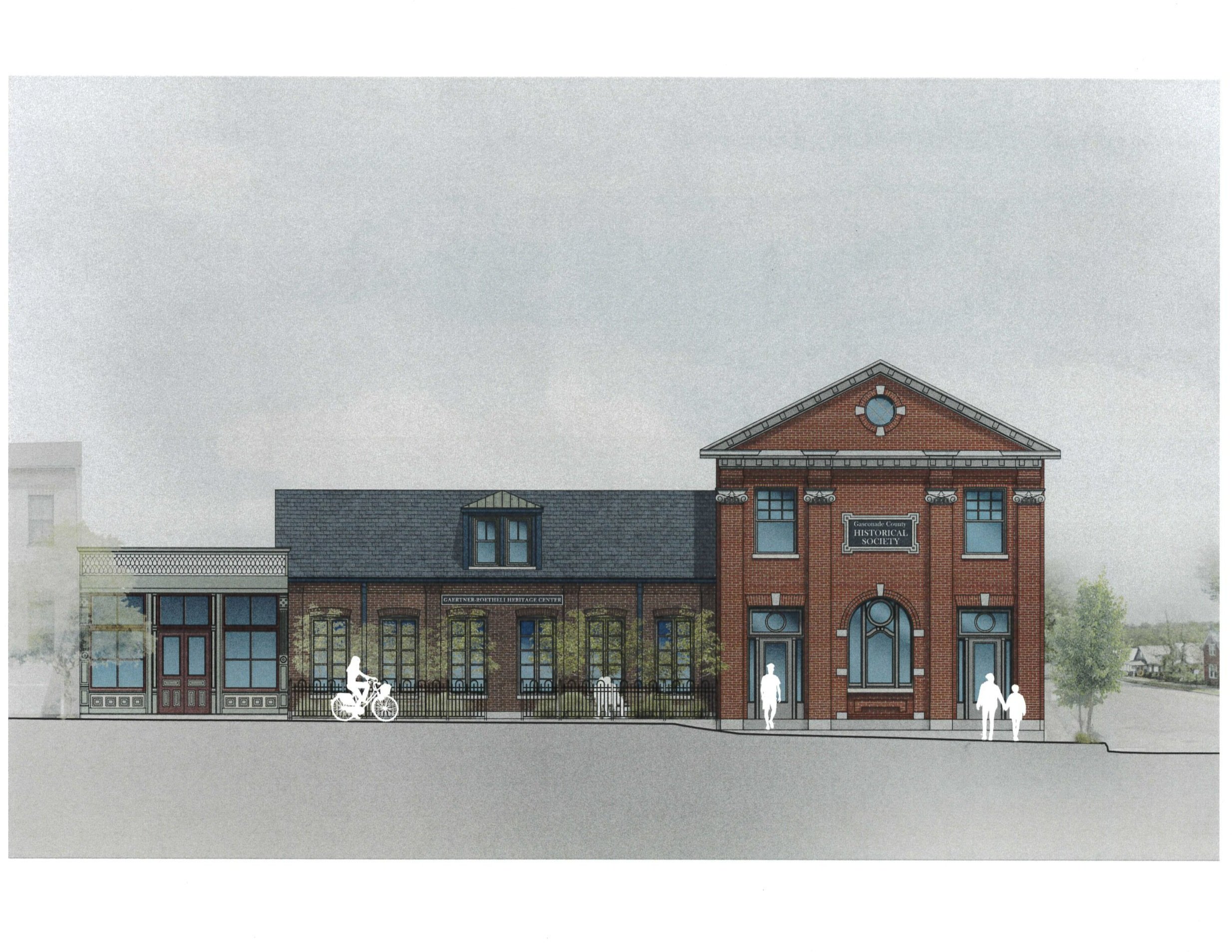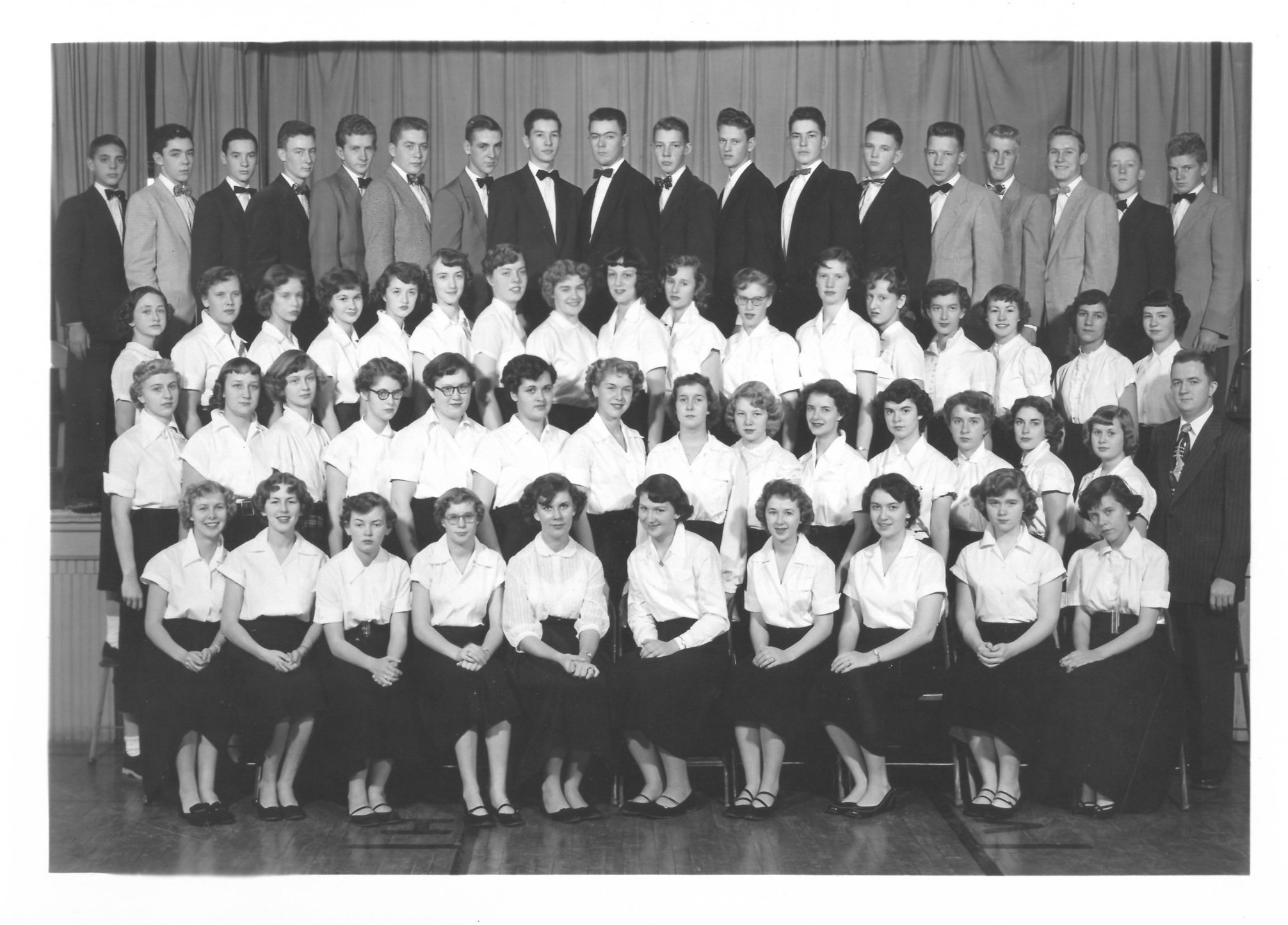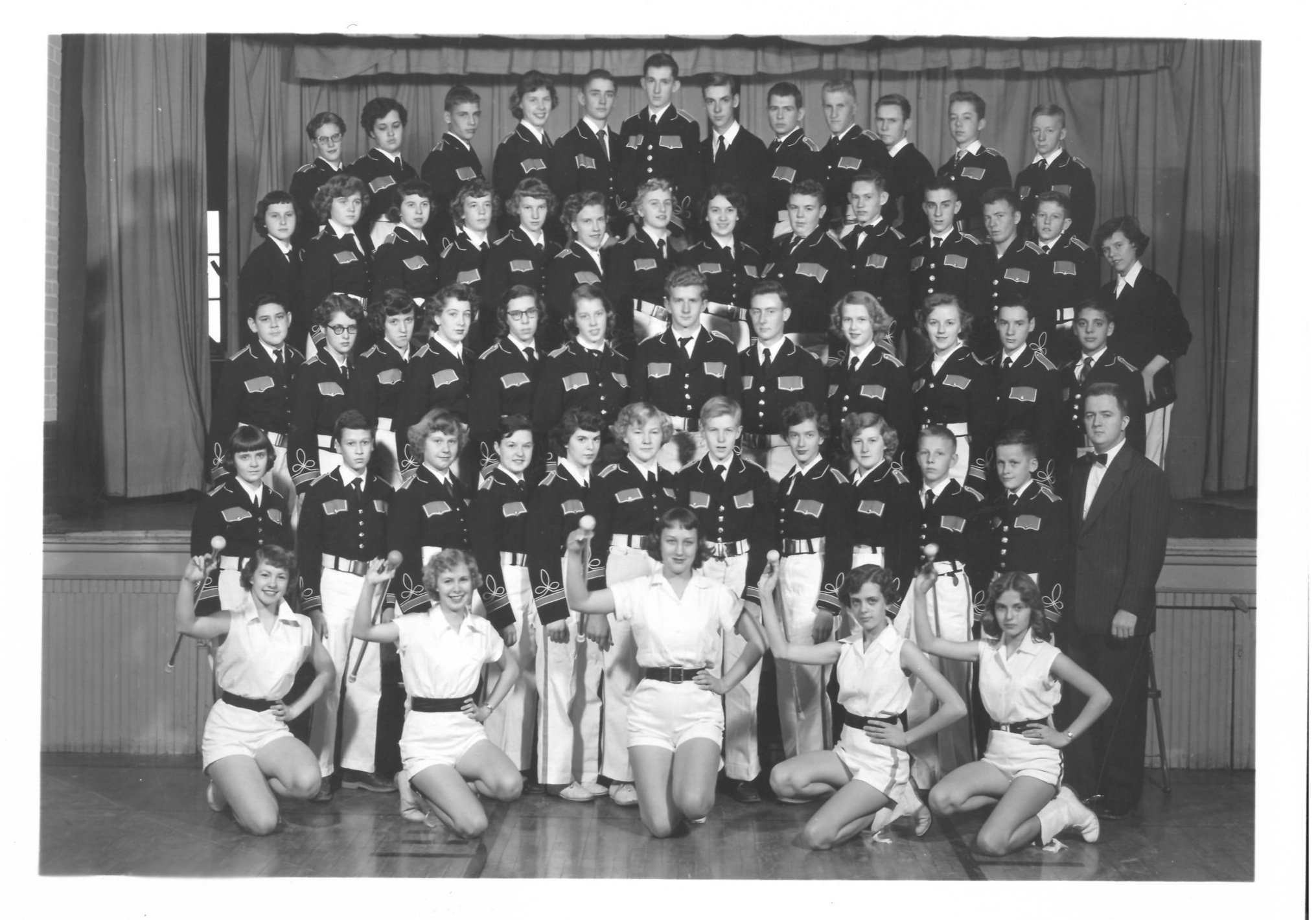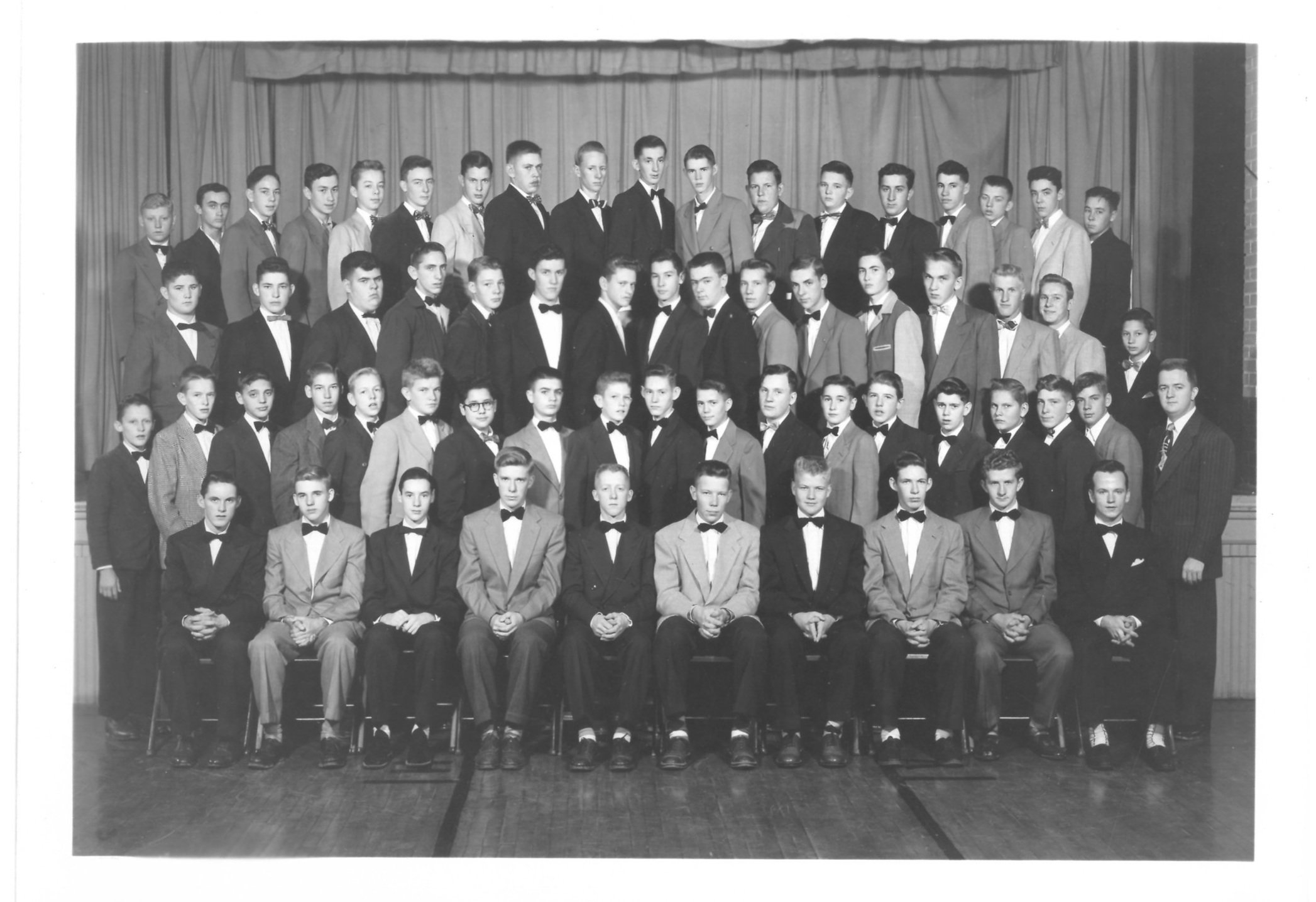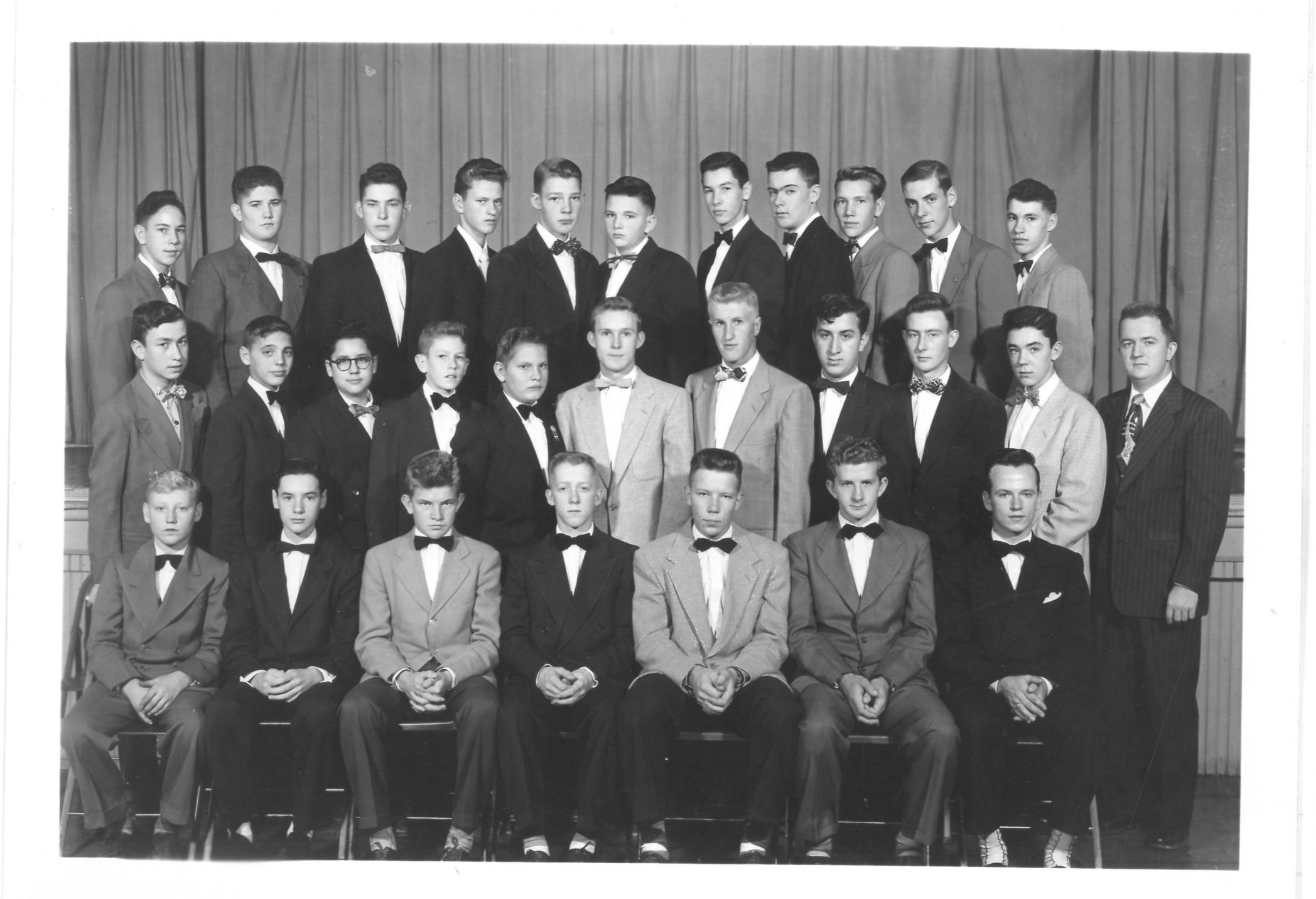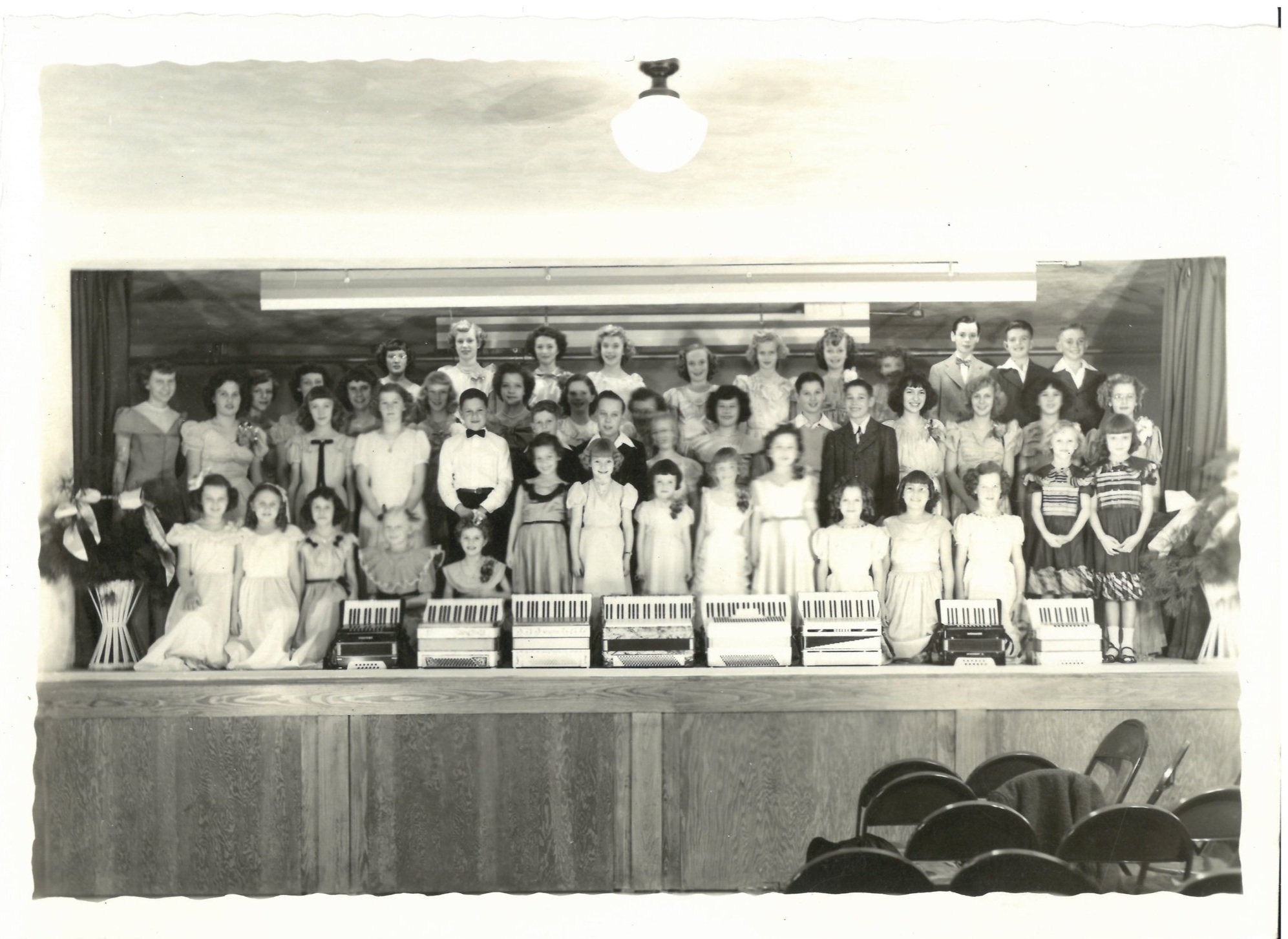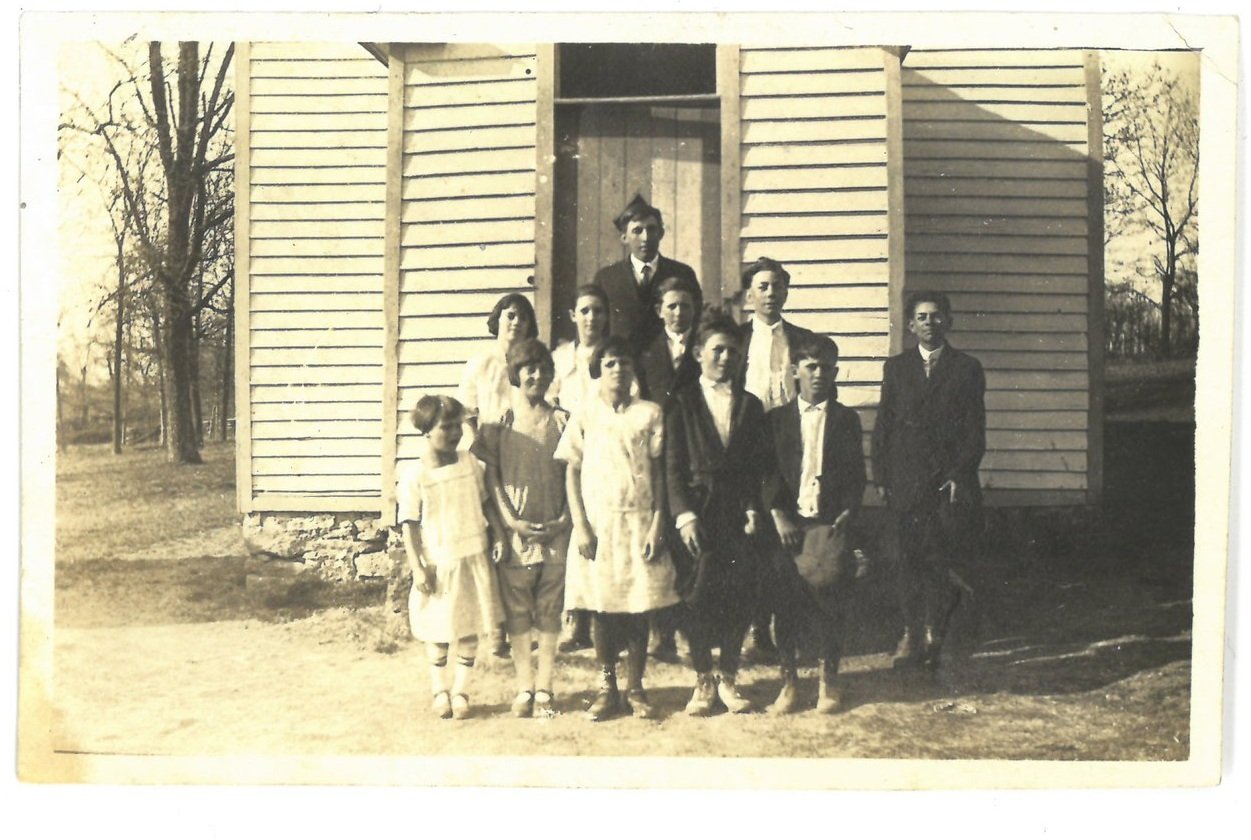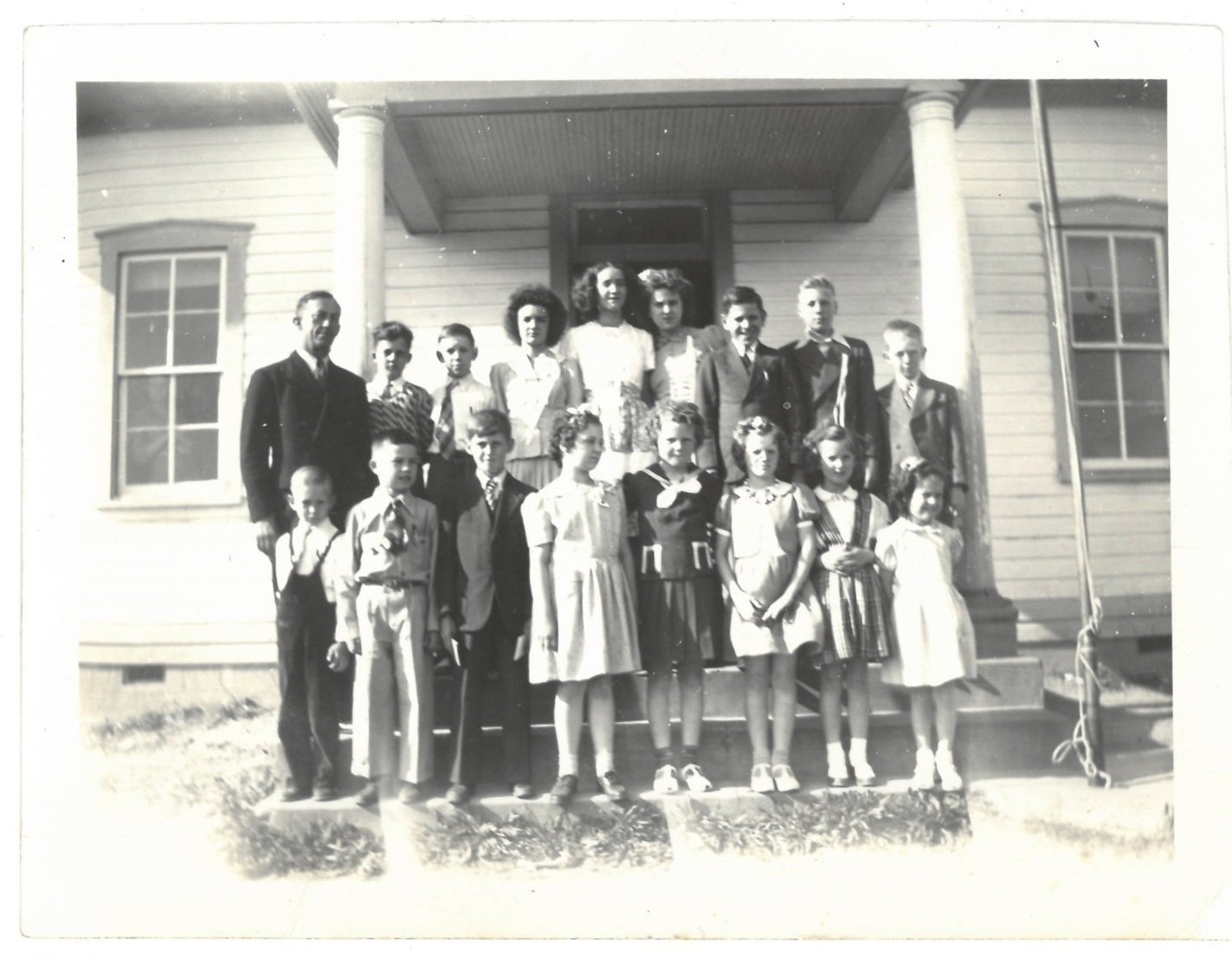George Bayer, Founder of Hermann, Missouri
Born in Baden, Germany on September 27, 1800, George Frederick Bayer showed musical talent from an early age. Sent to a music conservatory he graduated with honors and became a music professor, immigrating to Philadelphia in 1830. There George was a teacher of music and became a well-known church organist. In 1831 he married the beautiful and talented Catherine Krecher; three of their five children were born while in Philadelphia. In August of 1836 the German Settlement Society of Philadelphia was formed. Its purpose was to establish a colony “Far West” where the colonists could live in partial isolation, where German language and customs could be preserved, and all would be “German in every particular.”
Enthusiastically supported, shares in the venture were sold for $25 and in early 1837 a group of three representatives was sent west to identify a site for the new colony. George Bayer served on the committee defining their duties and was subsequently selected as the Society’s representative to acquire the recommended land parcel. He set out in July of 1837 and acquired some 11,000 acres of government land and parcels from private owners for the total sum of $15,612.
The news that land had been acquired was received with great celebration in Philadelphia on October 5, 1837, “… glad tidings, that an extensive tract of land has been purchased for the Society.” With land purchased, the Settlement Society had tangible proof of its credibility and the stock price rose to $50 per share. A Settlement Agent was now needed to manage affairs at the new town to be called Hermann and George Bayer was again selected, having successfully discharged his duties acquiring the land.
German settlers were eager to head west and begin their new life in Hermann. The first seventeen settlers, including women and children, forged ahead arriving by boat in December of 1837, confident that Bayer would soon follow. However, George Bayer was taken ill on the trip west and was detained in Pittsburg for many months. Other share owners journeyed as far as St. Louis and wisely spent the winter there. Early settlement proved a difficult challenge. The land was a wilderness, heavily wooded and far from other settlements. Settlers were ill prepared for the difficulties of clearing the land and carving out a town from the rugged hills.
When Bayer and family finally arrived in March of 1838, soon followed by hundreds of new settlers, he was faced with the angry disillusionment of the first group who did not know the reason for his delay and an impossible task ahead of him. Among the duties charged to him by the Society were the oversight of all Society matters including the resolution of disputes, written progress reports back to Philadelphia, the survey of 11,000 acres, the layout of the town in accordance with the plans drawn up in Philadelphia, assignment of property in exchange for Settlement shares, the construction of a grist and a saw mill, and the provision of food and supplies for all the settlers. Whether an abject failure at these duties or whether given responsibilities too broad for any one man to accomplish in such difficult circumstances is still debated. That early settlers were unhappy and freely expressed their complaints in letters to the home society is undisputed. That Bayer accomplished much is also known; a letter to the Philadelphia paper “Alte und Neue Welt” in June of 1838 reported Bayer as “... an upright, helpful and affable man, whom I consider absolutely worthy of the honorable trust which the Society put in him...” Bayer’s own letters to the Society reporting on the progress of the Society and dealing with those unhappy with his efforts are revealing.
Writing in 1838 to Philadelphia regarding a dispute over 80 acres given him as compensation for his services he states, “If I had been more cautious and trusted less, I should not have so much to repent now.” Bayer was relieved of his duties in October of 1838 and died in March of 1839. He left behind a widow and five children, including a daughter born March 30, 1839. Bayer was buried in the cemetery he had laid out as part of his duties, but on the south side of the hill, not visible from the town. Bayer leaves a lasting legacy, having selected the site for Hermann with its picturesque setting reminiscent of the middle Rhine Valley. Though he struggled, as did all the early settlers, to carve a town from the wilderness, his was an important role in realizing their dream to create a new German homeland where German language and culture would be preserved for future generations.
The original deed transfer from George and his wife Catharine Bayer to the German Settlement Society of Philadelphia is a treasured document within the Archives & Records Center. It and thousands of other documents and records are preserved and protected in this state of the art facility by the Gasconade County Historical Society. Visitors are welcomed to view documents on display, research family genealogy and learn more about Gasconade County’s rich history.

